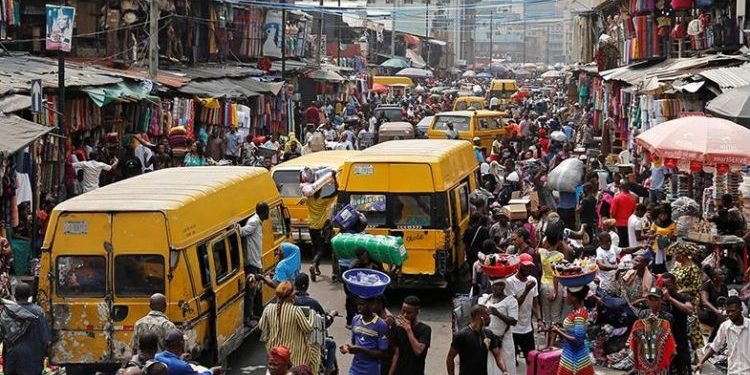A recent report by the World Bank states that approximately 42.69 million impoverished Nigerians have been excluded from the Federal Government’s monthly cash transfer program of N5,000 since its inception in 2016. The findings were disclosed in the June 2023 edition of the Nigeria Development Update by the World Bank, which revealed that only 19.4 percent of Nigerians have benefited from the program thus far.
With an estimated population of 207.25 million based on World Bank estimates, this indicates that only around 40.21 million Nigerians have received assistance through the cash transfer program. The World Bank further highlighted that approximately 40 percent of Nigerians, equivalent to 82.9 million people, were living below the national poverty line at the end of 2022.
According to the report, the majority of Nigerians are either poor or economically insecure, making them highly vulnerable to falling into poverty with just one unexpected shock. An additional 52.6 million people, comprising one-quarter of the population, were deemed economically insecure and at high risk of descending into poverty. The World Bank also noted that the overall poverty situation in the country is unlikely to have improved, given the decline in GDP per capita since 2019.
The revelation of such a significant number of excluded individuals from the cash transfer program underscores the urgent need for increased efforts to alleviate poverty and address the economic insecurity faced by a large portion of the population. Nigeria’s poverty rate remains a critical challenge, requiring comprehensive strategies to uplift vulnerable communities and ensure their access to essential resources and opportunities.
As the report sheds light on the vast number of Nigerians living in poverty or economic insecurity, it calls for renewed focus and action from the government, policymakers, and development stakeholders. Strengthening social safety nets, implementing effective poverty reduction programs, and promoting inclusive economic growth are key priorities for Nigeria to uplift its citizens and create a more equitable society.
Addressing the poverty situation in Nigeria requires a multi-faceted approach that encompasses improved access to education, healthcare, infrastructure, job opportunities, and financial services. It calls for collaborative efforts between the government, international organizations, civil society, and the private sector to tackle the root causes of poverty and foster sustainable development.
As the nation strives to build a prosperous and inclusive future, it is crucial to ensure that social intervention programs reach those most in need, providing them with the necessary support to break the cycle of poverty and achieve a better quality of life.















